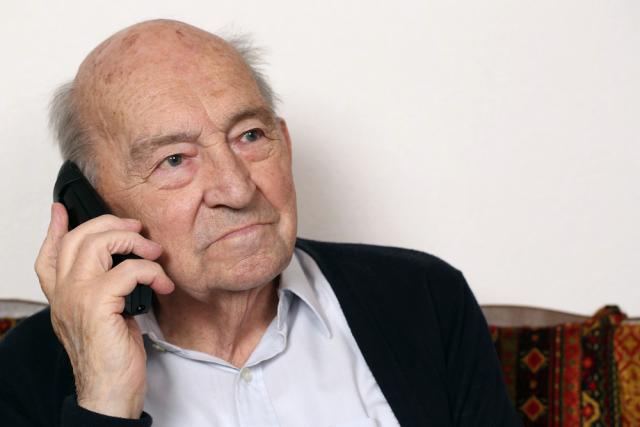Navigating VAC programs and eligibility criteria can sometimes feel daunting for Veterans, particularly when time-sensitive issues are involved. In many situations, effective communication from VAC to its clients makes the difference between a Veteran getting the help they need or falling between the cracks. The latter was the case of a Second World War Veteran and his son who contacted the OVO.
The 98 year-old Veteran lived with his son, but was waiting for a placement in a community care facility. After calling VAC to discuss funding options, they were both left confused by the lack of support and information provided. Unsure if VAC had provided fair treatment, they turned to the OVO for assistance.
The OVO Intervention Officer (IO) assigned to the case quickly found several underlying issues. They noticed the Veteran’s conditions had not been reassessed in over a decade and there was no consent on file authorizing VAC to legally discuss the situation with his family.
The IO also saw that the Veteran had inquired several times about the Veterans Independence Program (VIP) benefits. VAC had sent the Veteran application forms for this benefit, but none were returned.
Although VAC did send the forms, no additional instruction or help was offered to this elderly Veteran. The IO recognized that it would have been reasonable for VAC to follow up on completion of the forms.
The OVO remedied this by escalating the matter to a Veterans Service Team Manager at VAC who arranged for a staff member to connect with the Veteran and his family. VAC assigned a Veterans Service Agent to the case to help the Veteran receive the support needed to access the benefits that he was eligible for.
Sometimes our job is to reconnect broken links between Veterans and those who can help meet their needs. This story is just one example where the OVO facilitated that outcome.
